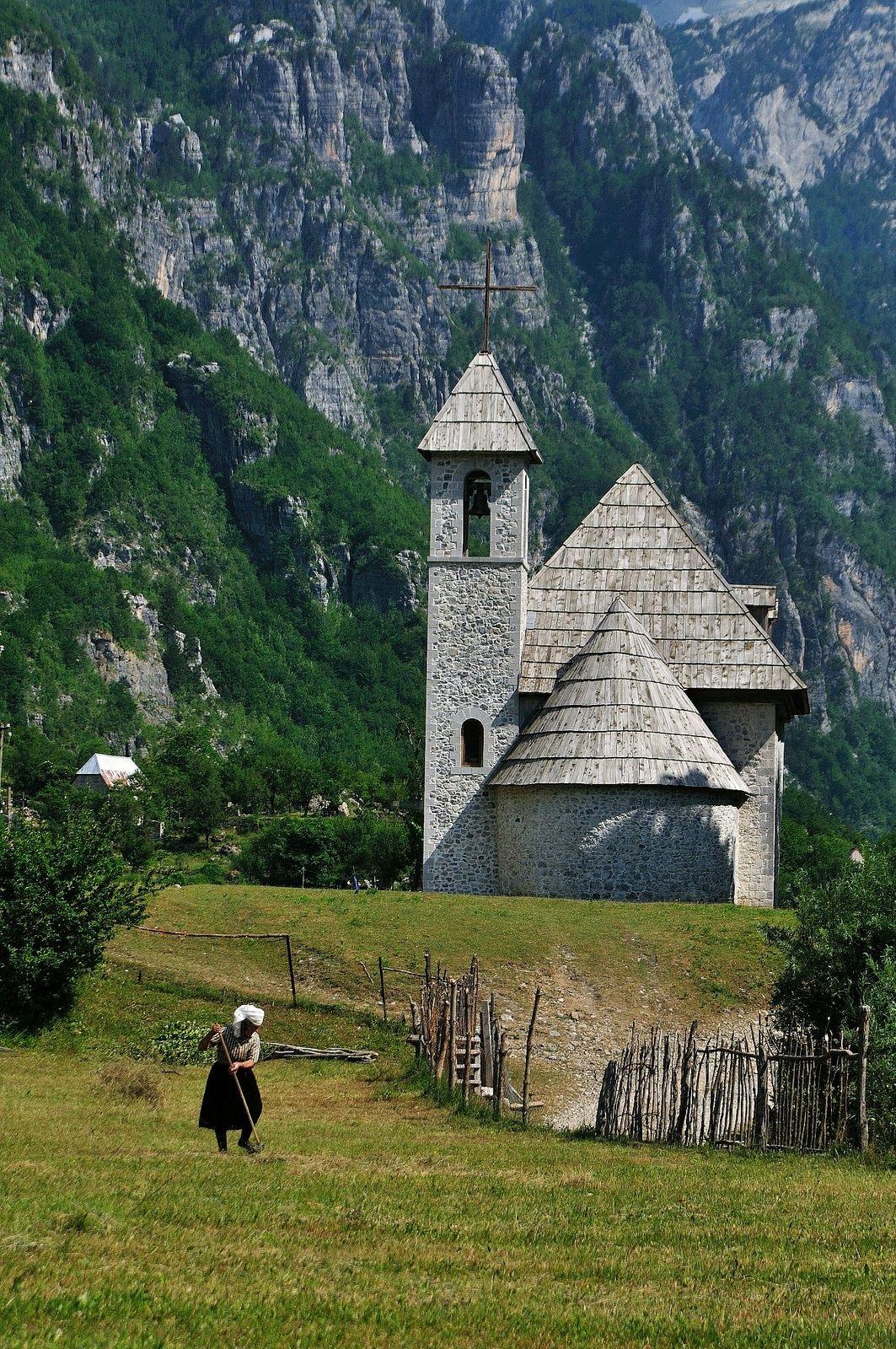
I still remember stories from my grandfather about the days when Albania was completely closed to the world. No foreign trade, no private businesses, no tourists wandering our beaches. Just silence, and a kind of isolation you could almost feel in the air.
Today, I walk along the promenade in Saranda and hear Italian, Dutch, Polish, and Arabic all around me. New cafés open every month, and cranes are part of the skyline. Sometimes I stop and think — how far we’ve come in just one generation.
From Isolation to the First Steps Toward Freedom
Before the 1990s, under Enver Hoxha’s communist rule, Albania was Europe’s most isolated country. Borders were sealed. Private property was banned. Owning even a small business was impossible. The only visitors were political delegations, and most people had never seen a foreign car or tasted imported food.
When the regime fell in the early 1990s, chaos met opportunity. Suddenly, Albanians could dream — and build. The transition wasn’t easy; we faced everything from mass emigration to the 1997 pyramid schemes that nearly collapsed the economy. But even through that instability, people started to understand what freedom meant: the right to own, create, and invest.
I remember my parents talking about how, for the first time, people could buy land again — something unimaginable only a few years earlier.
A New Market, a New Mindset
The early 2000s brought a kind of awakening. Construction sites began to pop up across the coast, and Tirana turned from a gray city into a colorful, energetic capital.
Saranda, though, was still quiet. Back then, only a few hotels stood along the waterfront, and most visitors were Albanians from nearby cities. But little by little, things changed. Roads improved, small guesthouses opened, and word began to spread among travelers: Albania had beaches just as stunning as Greece — at half the price.
That realization sparked something big.
Privatization, Investment, and the Rise of Small Business
The government started privatizing state-owned properties. Western banks entered the market, and suddenly Albanians could get loans, open accounts, and grow businesses. SMEs became the backbone of the economy — from small hotels in Ksamil to family-owned restaurants along the Riviera.
And this shift brought modernization. You can see it in the skyline of Saranda today — modern seaview apartments, private villas, and boutique hotels replacing the gray blocks of the past.
One of my favorite examples is a 1-bedroom seaview apartment on Skënderbeu Street in Saranda — a quiet, upscale neighborhood where you can actually hear the sea at night. It’s part of a new luxury residence with a private pool and panoramic views, ideal for living or as an investment. You can take a look here.
Tourism and Real Estate: The Twin Engines of Growth
Today, tourism represents over 25% of Albania’s GDP — and that growth has completely reshaped the real estate market. Apartments, villas, and hotels have become more than just homes — they’re income-generating investments.
In the south, Saranda, Ksamil, Vlora, and Borsh have turned into the heart of this boom. Each summer, millions of visitors arrive, and by August, it’s almost impossible to find accommodation unless you booked early.
The connection between tourism and property is clear: every new restaurant, every renovated beach bar, every hotel opening increases the value of the land around it.
Just a few months ago, I was showing a client a property in Ksamil — a brand-new 2025 residence with a pool for residents, only 7 minutes from the beach. They looked around, smiled, and said, “This feels like Greece ten years ago — but better.” They were right. That project (you can see it here) represents exactly what Ksamil is becoming: quiet luxury, clean architecture, and lifestyle comfort — without the chaos of mass tourism.
Infrastructure and Foreign Developers
Foreign investors noticed.
Projects like the Vlora International Airport, new highway connections from Tirana to the coast, and the modernization of ports in Saranda and Durrës changed accessibility completely.
Even small things — like the improved waterfront promenades in Ksamil or the new road linking Borsh and Himara — have made a huge difference.
Foreign developers started bringing European construction standards. You can feel it in projects like White Residence Villas in Borsh — designed and built by our own construction company, with 15+ years of experience and over 150 skilled workers. These villas, each with private pools, parking, and panoramic sea views, are surrounded by pure nature — the definition of quiet luxury.
If you’re curious, you can see them here.
I often take clients there after lunch at a small family taverna nearby — the one hidden behind the olive trees that most tourists never find. We sit on the terrace, look at the blue horizon, and they always say the same thing: “I didn’t know Albania looked like this.”
EU Aspirations and Investor Confidence
Of course, progress didn’t happen overnight. Economic stability came slowly. But with EU candidate status, Albania started adopting European standards in taxation, transparency, and governance.
The Lek remained stable, inflation under control, and investor confidence grew. You can feel the difference — deals are smoother, legal processes clearer, and foreign buyers feel protected.
It’s also why more and more Europeans are buying here. A beachfront apartment in Saranda or a duplex in Ksamil still costs a fraction of what you’d pay in Italy or Spain, yet rental yields are higher.
For example, one of our recent developments — a brand-new 2025 duplex in Ksamil — has two private pools (one exclusive, one shared), underground parking, and a return on investment of up to 16% per year. It’s 300 meters from the beach, in a calm residential zone. That’s what I mean when I say affordable properties with real value. You can explore it here.
Changing Perceptions: From Unknown to Unmissable
If you’d asked someone in 1990 where Albania was, most people wouldn’t have known. Now, it’s on travel lists across the world — featured in Forbes, The Times, and Lonely Planet.
Social media did a lot of the work too. Influencers filming drone shots in Ksamil, couples hiking to Gjipe Beach, families buying homes in Saranda and calling it their “Mediterranean secret.”
And they’re not wrong. I truly believe Saranda offers the best value on the entire Mediterranean coast. Not just for investment — but for life.
I often tell clients, “You can live by the sea, enjoy sunsets over Corfu, and still walk to a coffee shop where everyone greets you by name.” That’s Albania’s charm: global beauty, local warmth.
Looking Ahead: 2025–2035
The next decade looks promising. With GDP growth projected at 4–5% annually, and the government focusing on eco-tourism and sustainable building, the foundations are solid.
Developers are now designing energy-efficient villas, solar-powered resorts, and smart apartments. The days of quick builds are over — we’re entering a more thoughtful phase of growth.
Even in Borsh, where our White Residence Villas stand, you can feel this shift — modern Mediterranean design blending with nature, not fighting it.
I expect property values along the Albanian Riviera to keep rising steadily, especially in high-demand zones like Saranda and Ksamil. But the real growth, I think, will come from quality — not just quantity.
Final Thoughts
When I look back at where we started — a country closed off from the world — and see where we are now, it’s hard not to feel proud.
We went from isolation to inspiration. From scarcity to opportunity. From silence to construction cranes echoing along the coast.
And while the numbers and GDP growth tell one story, the real story is in the faces of people who come here, see the views, and say: “I didn’t expect this.”
That’s what keeps me doing what I do.
Because every property sold here — every apartment, every villa — isn’t just a transaction.
It’s a small part of Albania’s transformation.
Written by VivaView Real Estate — specialists in Southern Albania’s premium properties
Explore more listings: vivaview.al
Související příspěvky:
Can foreigners open a bank account in Albania? Learn how the process works from a Saranda-based real estate expert.
Discover why business and property costs in Albania remain lower than most EU countries, from Saranda to the Albanian Riviera.
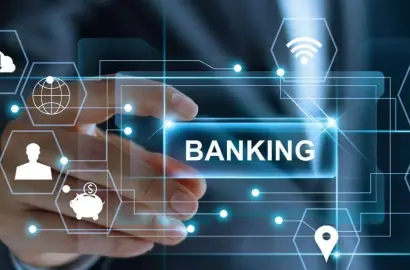
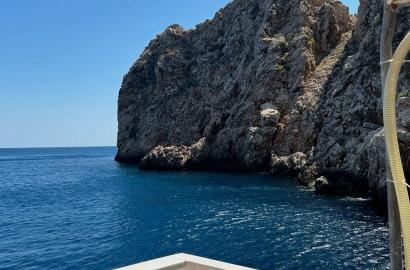
 Can Foreigners Open a Bank Account in Albania?
Can Foreigners Open a Bank Account in Albania?
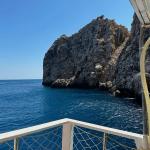 Albania vs EU Countries for Business Costs
Albania vs EU Countries for Business Costs
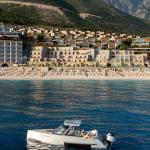 Foreign Direct Investment Trends in Albania — Seen from the Ground in Saranda
Foreign Direct Investment Trends in Albania — Seen from the Ground in Saranda
 The Real Cost of Running a Business in Albania
The Real Cost of Running a Business in Albania
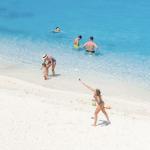 Is Albania Business-Friendly for Foreigners?
Is Albania Business-Friendly for Foreigners?